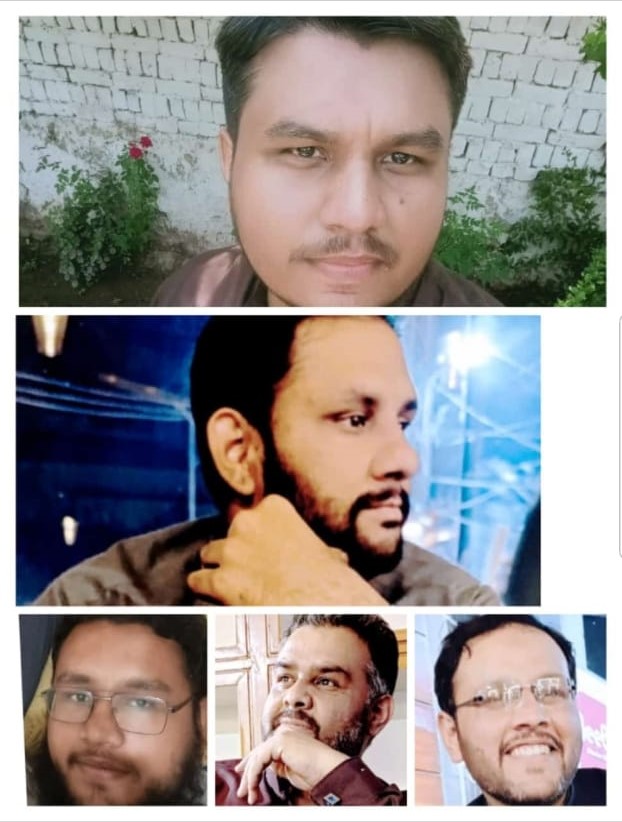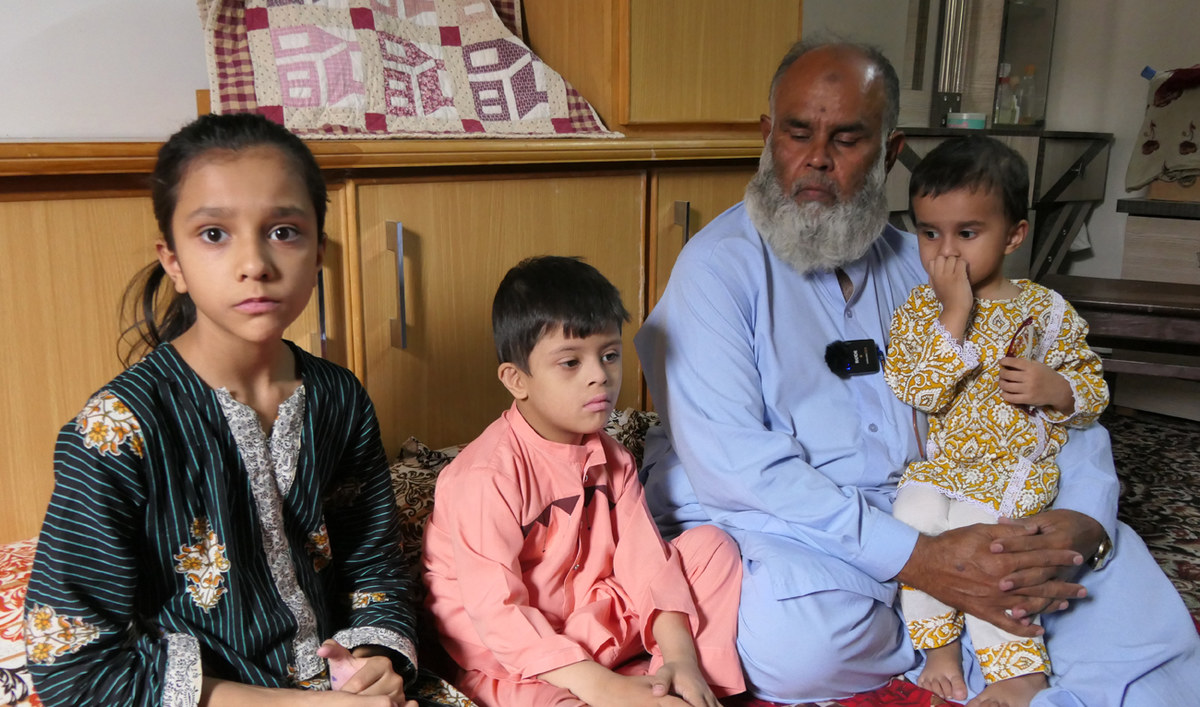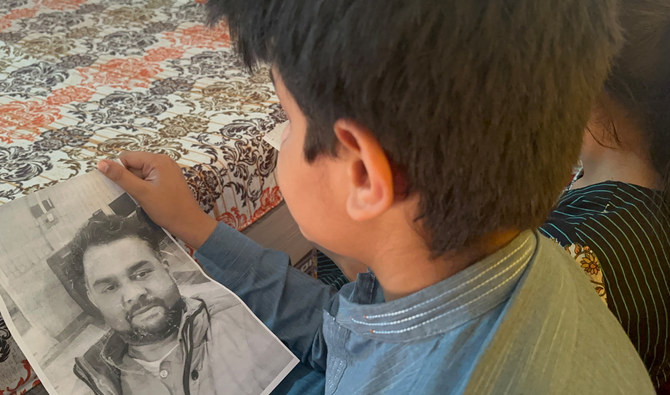QUETTA: Shan Raza, 58, was devastated last month upon learning that a separatist group had abducted his three sons, Rehan, Farhan and Hassan, along with two other relatives, in Pakistan’s southwestern Balochistan province.
Since then, Raza has been trying hard to bring a smile on the faces of his grandchildren, whom he finds wearing a dismal look since their fathers were taken away from Shaban, a tourist spot some 35 kilometers away from the provincial capital of Quetta.
Pakistan’s most impoverished Balochistan province shares its border with Iran and Afghanistan and has been the scene of a low-level insurgency for the last two decades. The separatists demand independence from Pakistan and seek control over provincial resources like gold and copper.
These groups have often targeted Pakistani forces and people from the Punjab province, the heartland of Pakistani military and political elite, in the restive southwestern region over what they say are enforced disappearances and extra-judicial killings of Baloch men. Pakistan denies it.
Raza’s sons, his nephew and a relative had gone to Shaban for picnic on June 19. They were among seven people abducted from the spot by the outlawed Balochistan Liberation Army (BLA).
“My entire house is empty now, my family keeps asking me about the release of my abducted sons, but now we are in very gloomy conditions for the last thirty days,” Raza told Arab News this week.
“The tears in the eyes of my wife and daughters-in-law are dried, they want nothing from me but the safe return of my sons.”

This combination of handout photos shows abducted family members, including three sons, of Shan Raza. All five members were abducted by Baloch separatist group from a picnic spot in Balochistan on June 19, 2024. (AN Photo/Supplied)
Recalling the day when his sons left home for Shaban, the 58-year-old said they had initially planned to go to Peer Ghaib, another picnic spot in Balochistan’s mountainous Bolan district, but he didn’t allow them due to security concerns.
“Then they told me that they were going to Shaban, but I didn’t know this place was not safe either,” Raza added.
Shortly after their abduction, the BLA offered the government to negotiate their release in exchange for BLA fighters incarcerated in Pakistani jails.
The group this month announced it would “implement punishments of the arrested suspects” after the government refused to negotiate their release, but there has since been no news of the hostages. The separatists accuse ethnic Punjabi settlers in Balochistan of spying for state agencies, though they have rarely offered any evidence to support their claim.
But Raza was hopeful that the government might be making efforts to secure the release of his sons and others. “I want nothing from them [Pakistani officials], but a safe recovery of my sons,” he said.
Shahid Rind, a spokesman for the Balochistan government, said the government and Pakistani security forces were making joint efforts to recover the abductees.
“The chief minister met with the despondent families and apprised them of government efforts,” Rind told Arab News. “[But] the demand to release detained terrorists for a swap of Shaban abductees is unacceptable for the government of Balochistan.”

Shan Raza, 58, gestures with his grandchildren during an interview with Arab News in Quetta on July 19, 2024. Raza's five family members, including three sons, were abducted by a Baloch separatist group on June 19 from a tourist spot in Pakistan’s southwestern Balochistan province. (AN Photo)
Rihan, the son of Raza’s abducted nephew Muhammad Raza, said his family was praying day and night for the release of his father. “My mother, sister and grandmother are very much depressed since my father was kidnapped,” the 13-year-old said.
Raza said the wait for his sons and other abductees has been “excruciating.”
“We run toward the door on every single knock and get alerted on every single call on our cell phones with hopes that my sons will return home,” the dejected father said, with teary eyes.















